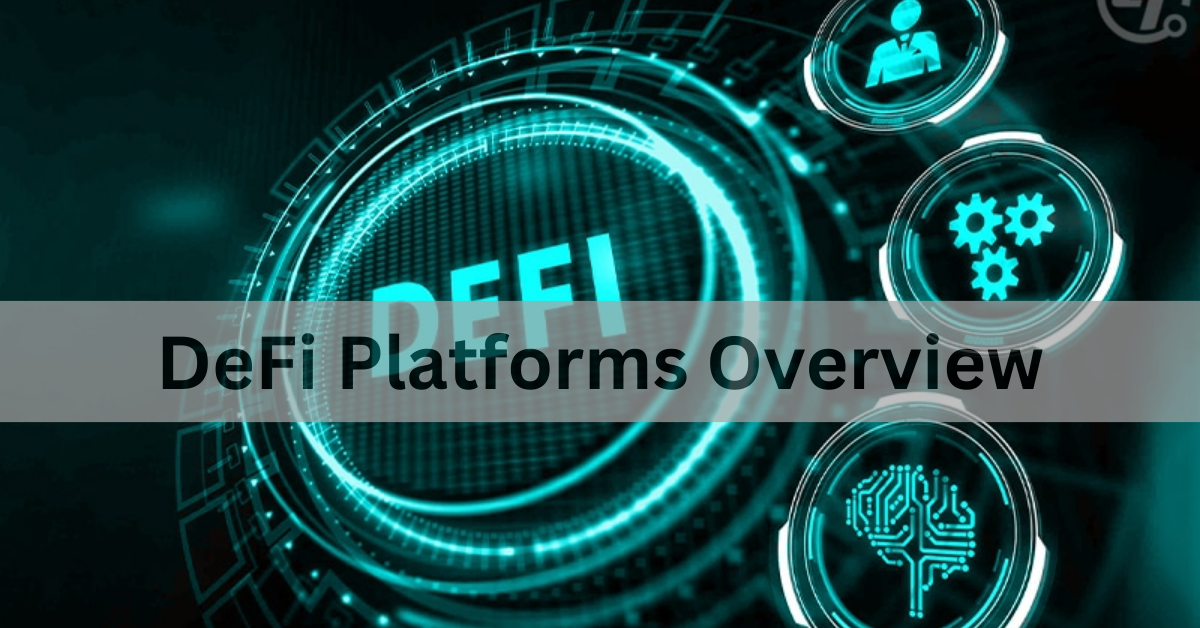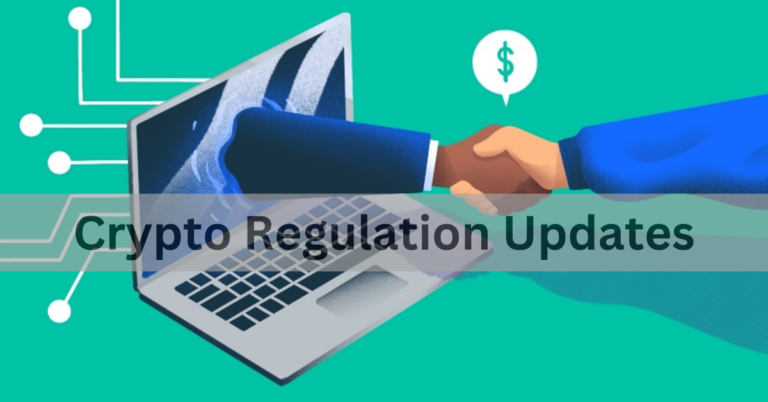DeFi Platforms Overview: Exploring Decentralized Finance
Decentralized Finance, or DeFi, represents a transformative movement in the financial industry, leveraging blockchain technology to provide inclusive, transparent, and permissionless financial services. This article offers a comprehensive overview of DeFi platforms, exploring their functionalities, benefits, and the role they play in shaping the future of finance.
Understanding DeFi Platforms
1. What is DeFi?
DeFi refers to a decentralized ecosystem of financial applications and platforms built on blockchain networks like Ethereum. It aims to eliminate intermediaries such as banks and traditional financial institutions, enabling direct peer-to-peer transactions and financial services.
2. Core Features of DeFi Platforms
- Decentralization: DeFi platforms operate without central authorities, relying on smart contracts and blockchain technology to automate processes and ensure transparency.
- Openness: DeFi platforms are accessible to anyone with an internet connection and compatible wallet, promoting financial inclusion globally.
- Interoperability: DeFi protocols can interact and integrate with each other, fostering innovation and the creation of new financial products and services.
Popular DeFi Platforms and Protocols
1. Uniswap
Uniswap is a decentralized exchange (DEX) that facilitates automated token swaps using liquidity pools instead of order books. It enables users to trade ERC-20 tokens directly from their wallets with minimal fees and slippage.
2. Compound
Compound is a decentralized lending protocol that allows users to lend and borrow cryptocurrencies. It operates through algorithmically set interest rates and collateralized borrowing, enabling efficient capital allocation and earning interest on deposits.
3. Aave
Aave is a decentralized lending and borrowing protocol that supports a wide range of cryptocurrencies. It offers unique features such as flash loans, which allow users to borrow funds without collateral temporarily, facilitating arbitrage and other financial strategies.
4. MakerDAO
MakerDAO is a decentralized autonomous organization (DAO) behind the Dai stablecoin. It operates a decentralized lending platform where users can lock collateral (typically Ethereum) to generate Dai stablecoins, maintaining stability through smart contract mechanisms.
Benefits of DeFi Platforms
1. Financial Inclusion
DeFi platforms remove barriers to access traditional financial services, providing individuals worldwide with opportunities to save, borrow, trade, and invest without relying on intermediaries.
2. Transparency and Security
Transactions on DeFi platforms are recorded on public blockchains, enhancing transparency and reducing the risk of fraud or manipulation. Smart contracts enforce agreements and automate processes, minimizing human error.
3. Lower Costs and Efficiency
DeFi eliminates intermediaries, reducing fees associated with traditional financial services such as banking and lending. Automated processes and decentralized governance enhance efficiency and speed of transactions.
Challenges and Considerations
1. Security Risks
While blockchain technology provides robust security, DeFi platforms may still be vulnerable to smart contract bugs, hacks, or exploits. Users should exercise caution and conduct thorough research before engaging with DeFi protocols.
2. Regulatory Uncertainty
The decentralized nature of DeFi challenges existing regulatory frameworks, leading to uncertainty and evolving regulatory landscapes worldwide. Compliance and regulatory clarity are essential considerations for DeFi platform developers and users.
Conclusion
In conclusion, DeFi platforms represent a paradigm shift towards a more inclusive, transparent, and efficient financial system. By leveraging blockchain technology and decentralized governance, these platforms offer innovative solutions for accessing financial services, trading assets, and earning yields. As the DeFi ecosystem continues to evolve, staying informed about different platforms, understanding risks, and exploring opportunities is crucial for both newcomers and experienced participants.


